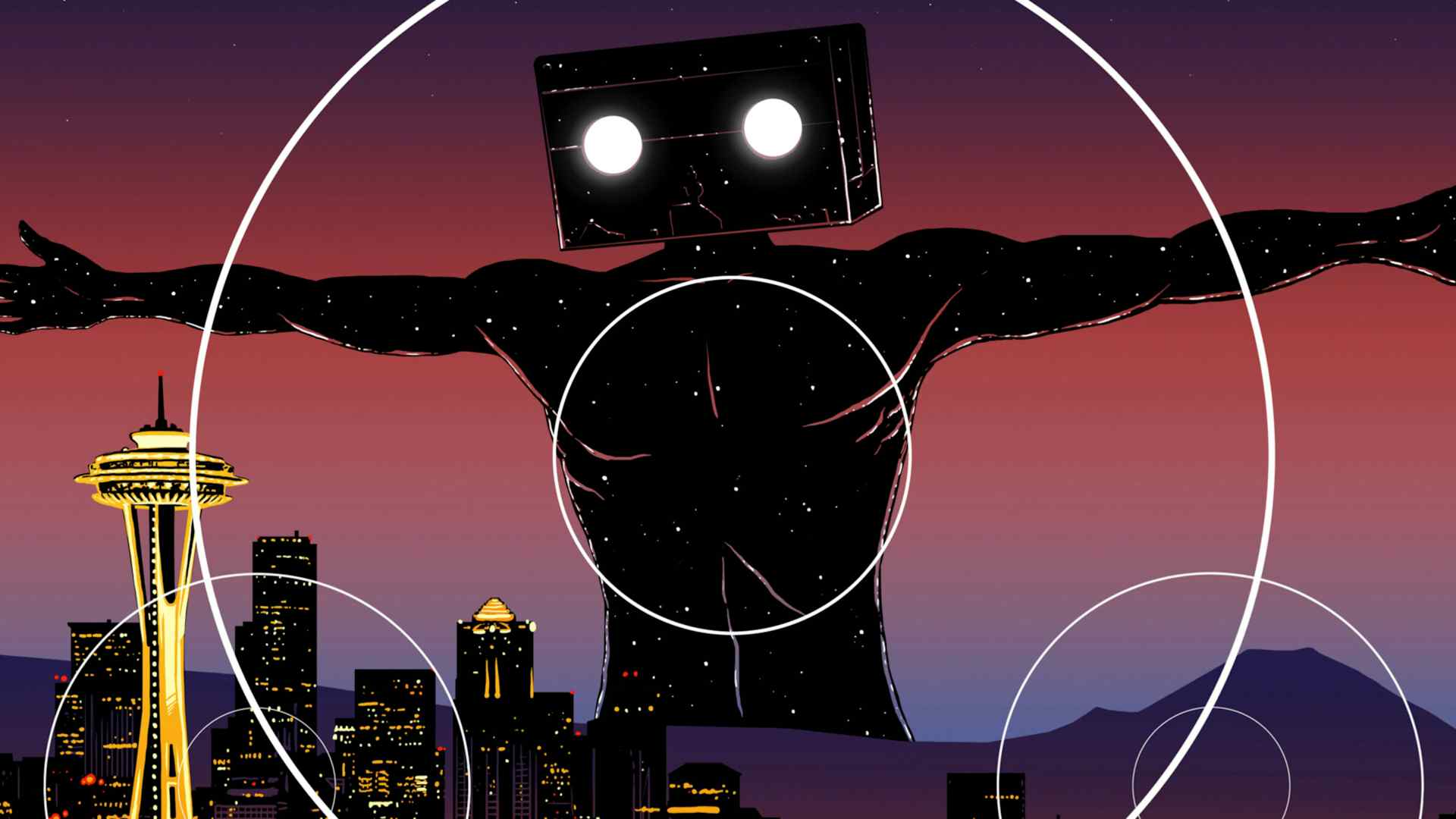Robert Horton is a Scarecrow board member and a longtime film critic. This series of "critic's notes" is chance to highlight worthy films playing locally and connect them to the riches of Scarecrow's collection.

The opening images of Agnieszka Holland's latest film are incongruously peaceful: a gliding aerial shot of green trees, presumably somewhere on the border of Poland and Belarus, a canopy that masks whatever is happening beneath. When that shot ends, we drop below the treetops, for a harrowing 152-minute account (in black and white) of migrants trying to navigate the violent political gamesmanship that has made the border a nightmare.
This gentle prelude is in direct lineage with the end of Jean Renoir's Grand Illusion, where the escaped POWs arrive at the Swiss border. Except that, as Renoir shows it—visually and spiritually—there is no border there, just hillside and trees and snow, and the idea of a border, and the nationalism and prejudice and cruelty that come from that idea, is shown to be a tragic absurdity. Holland measures that cruelty and finds it as present as ever, while portraying people with a Renoir-like complexity—characters are right, and wrong, and sometimes both at the same time.
Green Border is rooted in real events, and outrage. We meet a group of immigrants on a plane about to land in Belarus; they are amazed at their good fortune, which involves a policy that allows them to enter Belarus and then transfer to an EU country and a new future. (This policy, which we hear about during the movie, turns out to be as politically cynical as the American GOP's program of busing Latin American asylum-seekers and dumping them on the streets of norther cities.) We know the good feeling can't possibly last, and it doesn't, as Belarussian authorities kick these escapees over the Polish border, where they are accosted and brutalized by Polish border patrols before being sent back to Belarus, where the police there send them back….
Holland's film shifts its focus, although the main strands of the story overlap. One section follows a Polish border guard, Jan (Tomasz Wlosok), who begins to question the violence of his job, where his chief talks of migrants as pedophiles and zoophiles and echoes the language of populist leaders such as Polish president Andrzej Duda and former U.S. president Donald Trump. Jan's story could easily be trite, yet the detail is so rich his transition seems earned. We also follow a group of activists trying to help migrants lost in the Polish forest; their leader, the grimly practical Marta (Monika Frajczyk), observes the government's harsh rules in order to provide whatever limited aid she can; her compromises stand in contrast to the impulsiveness of a newly-radicalized psychologist (Maja Ostaszewska).
The escapees have varied backgrounds (Syria, Afghanistan, Africa) and temperaments; some of them make it to the end of the story, some don't. Each is poignantly sketched, and in Leila, an Afghan refugee, Holland and actress Behi Djanati Atai create a character with the fierceness (albeit with geeky spectacles and smartphone savvy) of the Anna Magnani character in Open City, with a similar setting of injustice.
These stories, and the dramatic incidents, would be powerful in a lesser film, as a sort of Grapes of Wrath of modern Europe. But Green Border, shot quickly and with Holland using some sort of collaborative co-directors, is abuzz with cinematic force, propulsive in its rhythm and haunting in its images. When Leila is brutally shoved through barbed wire for the first time, her parka tears open and sheds little bits of fluff, which float through the air in a surreal shower as the refugees move across the screen. It's the kind of poetry-in-terror image that might have come out of Andrzej Wajda's wartime trilogy in the 50s, but it isn't pure aesthetics; someone could die of exposure without proper insulation in this black-and-white forest. Those bits of fluff fly away from Leila like the final remnants of civilization.
The story could be a universal statement, even as it is set in our historical reality of dictators and populist hatred. But there's a coda, related to Poland's acceptance of Ukrainian refugees, that makes a bitterly ironic political point about how racism inflects this very specific saga, and that coda is part of what makes Green Border such a brilliant political film, even with its more general humanist tendencies. Although the nature of racism being what it is, I suppose this is universal, too.
July 5, 2024


